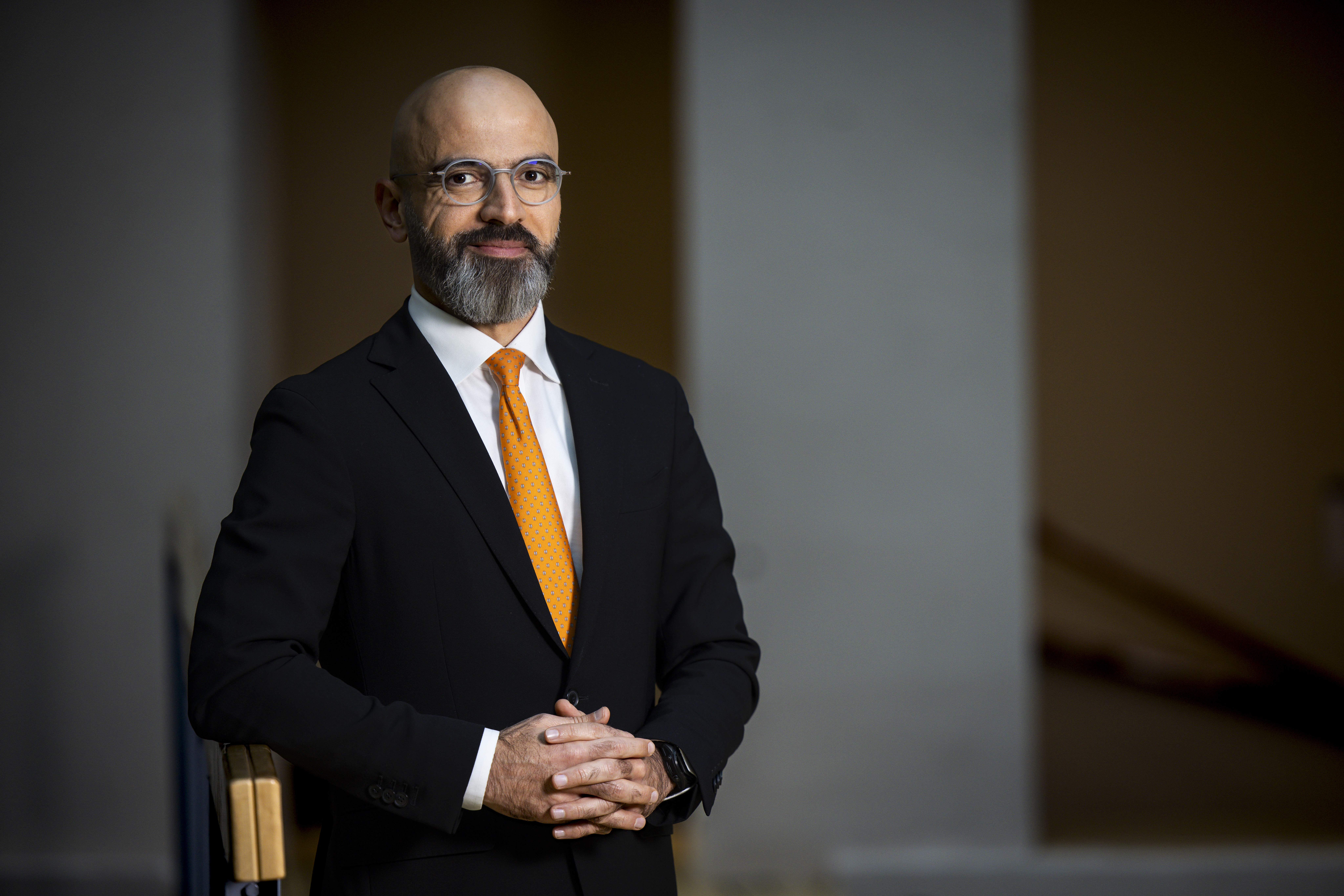
The rapid development of technology and AI is affecting our lives in every aspect, education is no exception. How should education systems integrate and adapt to these new circumstances?
Emerging technologies, and in particular Artificial Intelligence (AI), have impacted business and society. This impact is expected to be enormous as capabilities expand, AI's reach and ease of use makes it more democratic. That being said, AI and other emerging technologies have impacted education by moving traditional online education practices to more intelligent digital education practices. These technologies have enabled a deeper level of understanding of the learners’ weaknesses and strengths and allowed for adaptive learning systems and personalised learning experiences to emerge. However, for education integration to effectively occur, educators need to be upskilled in their technological and pedagogical knowledge of AI-based tools. This will also allow them to better assess decisions of AI to reduce the potential of ethical issues. Therefore, the role of teachers in the successful integration of AI should not be downplayed. Additionally, assessment strategies will benefit from re-evaluation to effectively harness the power of AI and increase learning outcomes, especially where past evaluation data may be limited.
There is a growing push to restrict AI, suggesting that it is a somewhat dangerous technology. What are the advantages and disadvantages of using AI for educational purposes?
Using AI introduces a range of risks that necessitate careful consideration by AI developers, business users, investors, policymakers, and citizens alike. Key challenges encompass privacy vulnerabilities, cybersecurity threats, regulatory compliance complexities, managing third-party relationships, safeguarding intellectual property, and addressing legal obligations. Demonstrating a balanced approach to managing these risks while reaping innovation benefits builds trust and a competitive edge.
In educational settings, the use of AI raises privacy concerns when collecting and analysing personal sensitive information. We discuss what some of these risks are and remediation strategies in our recent report “Privacy and AI: The imperative for responsible innovation.” Moreover, bias in algorithms and data can lead to potential biases in educational content and recommendations to students. There are still, however, several advantages of using AI in the education sector such as the ability to personalise learning and adapt to each individual learner's needs which is powerful, and the immense support AI can provide to teachers and students in performing administrative and teaching/learning related activities creating huge efficiencies. In navigating the use of AI, educational institutions need to ensure ethical considerations, inclusivity, and thoughtful implementations to benefit all learners.

Advanced technology is also radically changing the labour market, with many jobs disappearing or being transformed. What trends could be expected in the future and what measures are governments around the world taking to protect workers?
Digitalisation is impacting the workforce and facilitating the disappearance of routine jobs. Emerging technologies are increasingly able to perform administrative routine tasks efficiently. As “machines” become more and more intelligent, businesses will be increasingly reliant on these intelligent machines. This can potentially lead to a huge decline in employment and disruption of the workforce. Alternatively, with these changes we are likely to see a rise in the demand for new skills and professionals, for example app programmers, digital marketing managers, cybersecurity experts, digital privacy lawyers and data scientists.
Governments are exploring new policy options to ensure a future workforce characterised by collaborations between “brains” and “bots”. Individuals and businesses will be prioritising lifelong learning while considering intelligent systems as a resource.
The UAE has emerged as a leading country regarding innovations in the past years. How is the country addressing the challenges its education system and labour market are facing?
The UAE, among several countries in the region, has been working on diversifying its economy, moving away from the reliance on oil. In particular, several investments have been made in sectors like technology, renewable energy, and tourism. In parallel, the government has also implemented several upskilling programs to bridge the gap between current skills and market requirements. Moreover, the UAE has placed a strong focus on innovation and entrepreneurship, positioning itself as a hub for innovation. Organisations such as the Dubai Future Foundation, and the Technology Innovation Institute as a research pillar of the Advanced Technology and Research Council, aim to attract talent and foster innovation in the market, while initiatives like the Dubai Future Accelerators work to grow and develop the startups ecosystem in the city. In-line with global trends, the UAE has also been focusing on STEM – science, technology, engineering and mathematics – education to prepare students from an early age for careers in technology and innovation. Throughout that journey, the country has integrated advanced technologies into the education system, like the Smart Learning Program, while in parallel raising quality standards by establishing strategic partnerships with international educational institutions bringing global expertise and diversity to the local education system.
The author is an editor at Eurasia